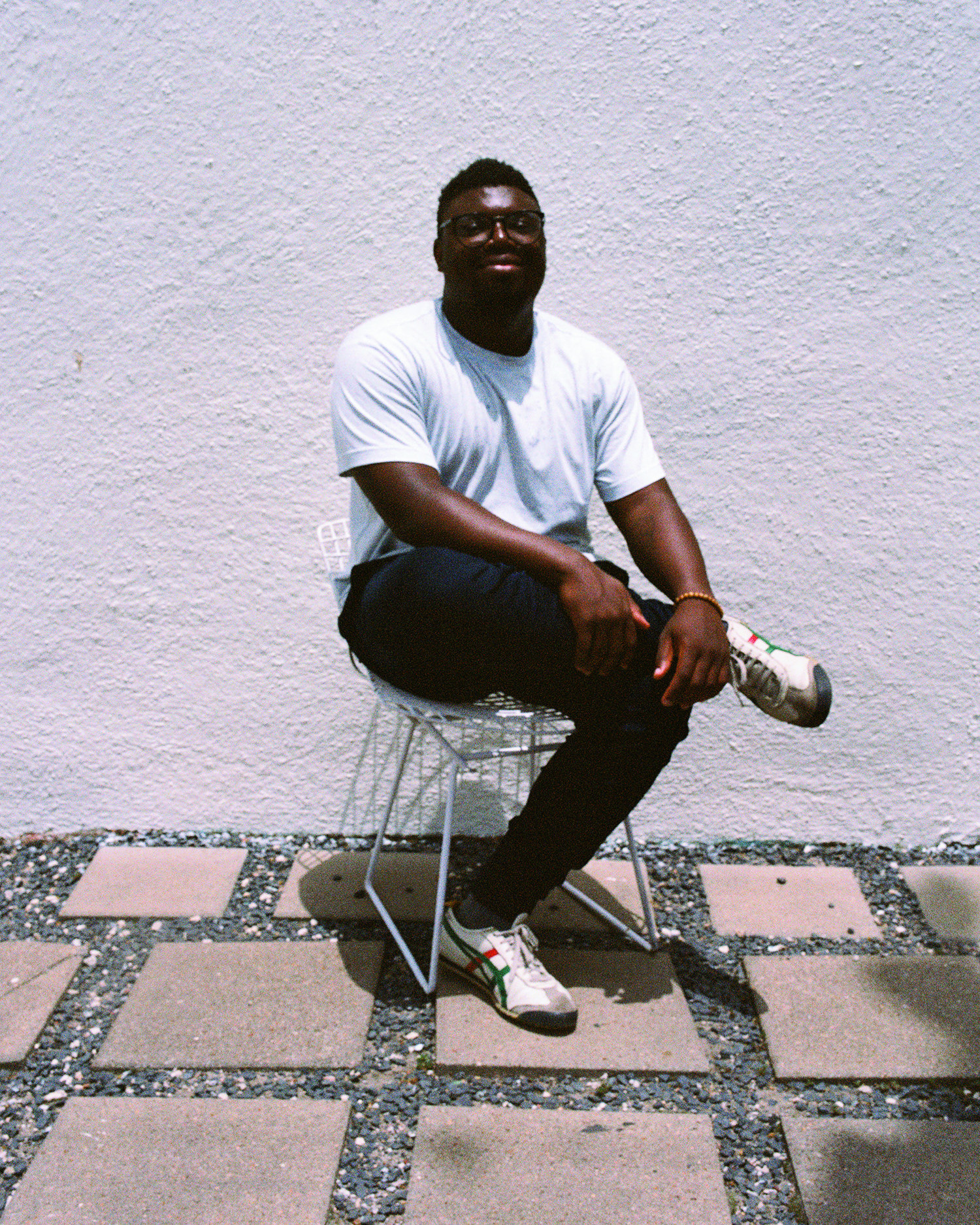required reading
Bryan Washington’s Very Quiet Concerns
At the end of Bryan Washington’s mesmerizing debut novel, Memorial, a long-suffering, no-nonsense mother asks her son’s boyfriend to explain the intricacies of a troubled relationship. “I don’t really think it’s my place,” the young man says, to which the tenacious mother responds, “That’s your problem… Both of you. That’s your issue right there.” This volatile exchange is as close as Washington gets to diagnosing the existential crisis at the heart of his fictional universe. Each character is struggling to find their place in a messy, complicated, unpredictable world. The thrill of Washington’s writing isn’t the way he guides his characters toward some rupturing realization, but rather how they manage to squeak by, through a thousand tiny moments of love and violence, in the day-to-day reality of living. “Those very quiet concerns are what I’m significantly more interested in,” says the 27-year-old, Houston-based author. “Whenever I try to make a big declarative statement, my head freezes up. I’m much more comfortable in quieter spaces and in quieter moments.”
Last year, Washington made a literary splash with the publication of his short-story collection, Lot, a radical, multidimensional examination of the lives of everyday Houston citizens that went well beyond the white, straight, cowboy demographic most readers commonly associate with Texas. Washington, instead, tackled race, queerness, poverty, crime, gentrification, and the difficult bonds of friends and family. Moreover, his stories came wrapped in a fast, pedestrian prose style all his own, one that eschews ornate flourishes and meaty metaphors for a tough, off-the-cuff intimacy that cuts and flows like the Houston heat. Washington mentions that one of his biggest influences are the films of the late Taiwanese director Edward Yang. “There’s one film, Yi Yi, that follows a family in Taipei over the course of a year,” Washington says. “There aren’t any explosions or bank robberies to speak of, but by the end of the film, so many different things have occurred— death, marriage, all of it—and that accumulation of living is itself the narrative. That’s what a plot is to me.”
The plot for Memorial hinges on two young men, Benson and Mike, a young couple who seem perpetually on the brink of splitting up. Just as Mike’s mother arrives at their apartment on a visit from Japan, Mike hops on a plane to Osaka to make peace with his dying father. That leaves Benson to watch after Mike’s mother, while he deals with plenty of his own family issues. The narrative moves between Houston and Osaka, and what at first seems like a gay breakup novel eventually blossoms into a beautiful, heartbreaking ode to lost sons and even-more-lost parents. Washington was curious about that moment when “a mother or a father becomes a person,” he says. “When you’re finally able to view them with a clear lens.” In the end, his characters are so clear they shine.







